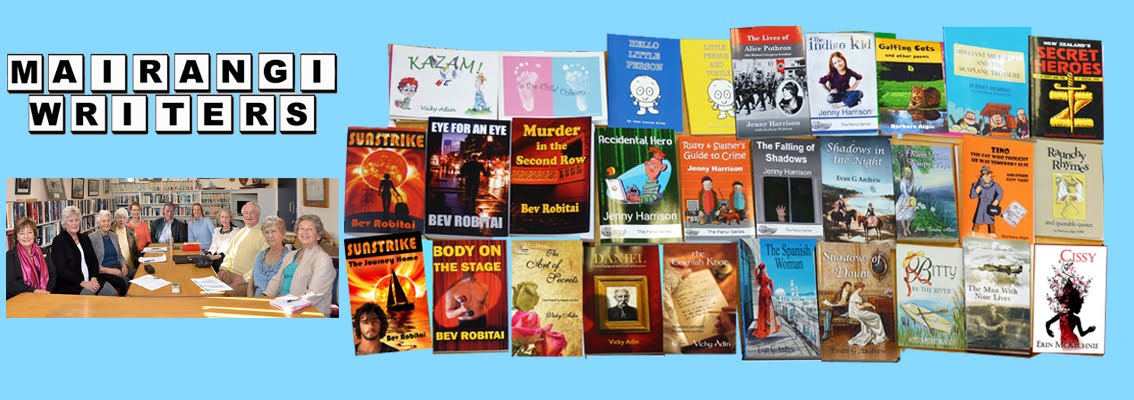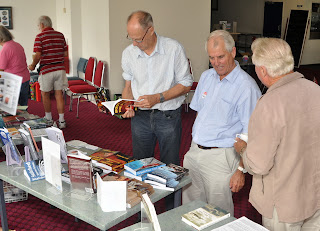This is part of an inspiring blog post by a well-known writer/coach I thought might keep you going!
Endurance Matters
Why we need to learn to toughen up
is this—thick skin is vital for us to keep pressing even when we’re bloody,
wounded or discouraged. Being a career writer isn’t a sprint. It’s a
mega-marathon-mountain-climbing-Iron-Man. Many writers will fail not because of
lack of talent, rather lack of staying power.
Appreciate that Training Often
Involves “Other” Activities
Join a boxing gym and just expect to
do a lot of jumping rope, running, sprinting, bag work, and you’ll get hit with
a medicine ball…a lot.
Yet, at no time during my tenure
“boxing” was I ever attacked by a jump rope or a medicine ball. Those “other
activities” weren’t actual fighting, but they trained fighters for the
endurance necessary to win in the ring.
Winning is frequently tied to
staying power. Writing is no exception. Your mind, fingers and muse strengthen
with focus, time, training and pain.
We’ll do a lot of things (I.e.
blogging) that might not directly have anything to do with writing fiction…but
it trains us to 1) meet self-imposed
deadlines 2) build an audience with our writing voice 3) hook early 4) ENDURE.
I blogged for almost two years
before I passed 50 hits a day. I blogged even when it felt like no one was
listening, because I viewed it as part of my author training. Even if no one
EVER listened, I was a better, faster, cleaner, more disciplined writer and I
was investing in the long-term.
New Writers are Vulnerable
A boxer who’s been in the game for
ten years, has a wall of title belts, has already been through the fire and
gotten outside validation? It’s easier for that guy to jump in the ring.
There’s a psychological advantage this guy earned with blood, time and pain.
For the newbies? Everyone thinks
we’re nuts. They forget that even that title champ was a once a green pea
tripping over the jump rope, too.
Becoming a writer is easy. Staying a
writer is another matter entirely.
The beginning is a delicate time.
It’s easy to get discouraged, but remember this:
Every NYTBSA, every Pulitzer-winner,
every literary legend was once just an unpaid amateur with a dream, too.
Learn to keep going no matter what,
and you cannot imagine the edge you’ll have in this profession (ANY
profession).
Keep training. Keep blogging. Keep
writing books, even bad books. Keep reading. Keep studying. Learn from everyone
you can. It’s how we grow. How we learn. We can’t learn from the sidelines. We
need to get into the fray even when we know it’s going to hurt because that’s
what gives us staying power. And, as the great coach Vince Lombardi said,
Quitters never win and winners never quit
;) .
Have you dealt with nasty people who
tried to undermine your dream? What activities do you use to train as a
writer-artist? What area do you need help? Where do you feel you’re weak?
What’s your plan for strengthening that area? What activities do you think
might help writers with endurance training?
Kristen Lamb
Read the entire article and many
other helpful blog posts by Kristen Lamb here




